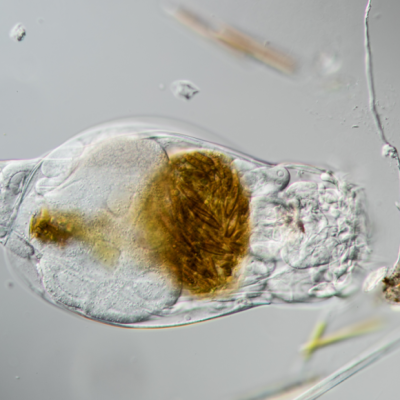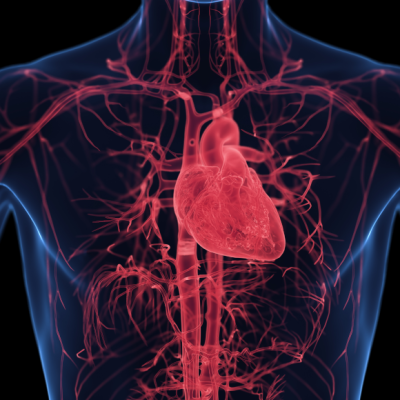Microplastics Can Penetrate the Blood-Brain Barrier and Cause Cell Death
A recent study by the Daegu Gyeongbuk Institute of Science and Technology (DGIST) has found evidence that microplastics can penetrate the blood-brain barrier. The team, led by Wookbong Kwon, administered polystyrene beads to mice orally for seven days, with particles of 0.2, 2, and 10 micrometers in diameter. The particles were mixed with water and given to the mice daily. The researchers found that even though the brain is protected by the blood-brain barrier, microplastic particles were detected in the mice’s brains after just a few days. Only particles with a diameter of up to two micrometers could penetrate the blood-brain barrier. The team also discovered that the microplastics accumulated in the microglial cells of the brain, which are the brain’s defense cells.
To investigate the effects of microplastics on microglial cells, the researchers conducted experiments on human microglial cells in cell culture. They found that the microplastics caused changes in cell morphology, immune response, and cell death. The microplastics also led to an increase in the production of inflammatory cytokines and apoptosis-inducing cytokines, which led to the death of the microglial cells. The researchers concluded that microplastics have a neurotoxic effect on the brain, which can lead to the death of defense cells.
According to the study, people consume about 200,000 microplastic particles per year through water and food. Microplastics have been found in human organs, where they can mechanically destabilize cell membranes. The study’s findings suggest that microplastics pose a potential risk to human health.










